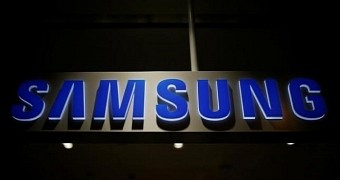In May of this year, Huawei announced that it sued Samsung in China and the United States because the South Korean company had supposedly used its 4G communications technology, user interface software, and even operating systems without licensing.
At the time of the lawsuit, Samsung representatives stated that, as a response, the company could sue Huawei if all other countermeasures failed. It seems that Samsung's statement had no reaction at Huawei headquarters, as the latter filed yet another lawsuit against the South Korean giant, just two weeks ago.
This time, Huawei was displeased that Samsung had allegedly copied a technical feature and included it in its Galaxy S7, Galaxy S7 edge, and Galaxy J5 smartphones. The company didn't reveal which feature was copied, but it was said at the time that Huawei demanded $12 million in compensation.
As a response, Samsung sued Huawei for patent infringement
Now, it seems that Samsung has decided to respond to Huawei's lawsuits with a lawsuit of its own, having sued it in China for patent infringements. A Samsung representative has stated that the company decided to sue Huawei for supposedly infringing on six of its patents but hasn't provided more details regarding them.
“Despite our best efforts to resolve this matter amicably, it has regrettably become necessary to take legal action in order to defend our intellectual property,” the company says in a statement provided to Reuters.
Huawei is believed to have asked for a cross-licensing deal in the May lawsuit, and what's interesting is that Samsung didn't demand money in the latest lawsuit. An analyst told Reuters that Samsung might benefit from the publicity that the lawsuit generates while Huawei could gain a boost in reputation.
Huawei is the third-largest smartphone maker in the market and the first Chinse handset vendor to ship more than 100 million smartphones in a year in 2015. During last year, the company recorded a 44% increase in smartphone shipments, thus defying a market slowdown.

 14 DAY TRIAL //
14 DAY TRIAL //